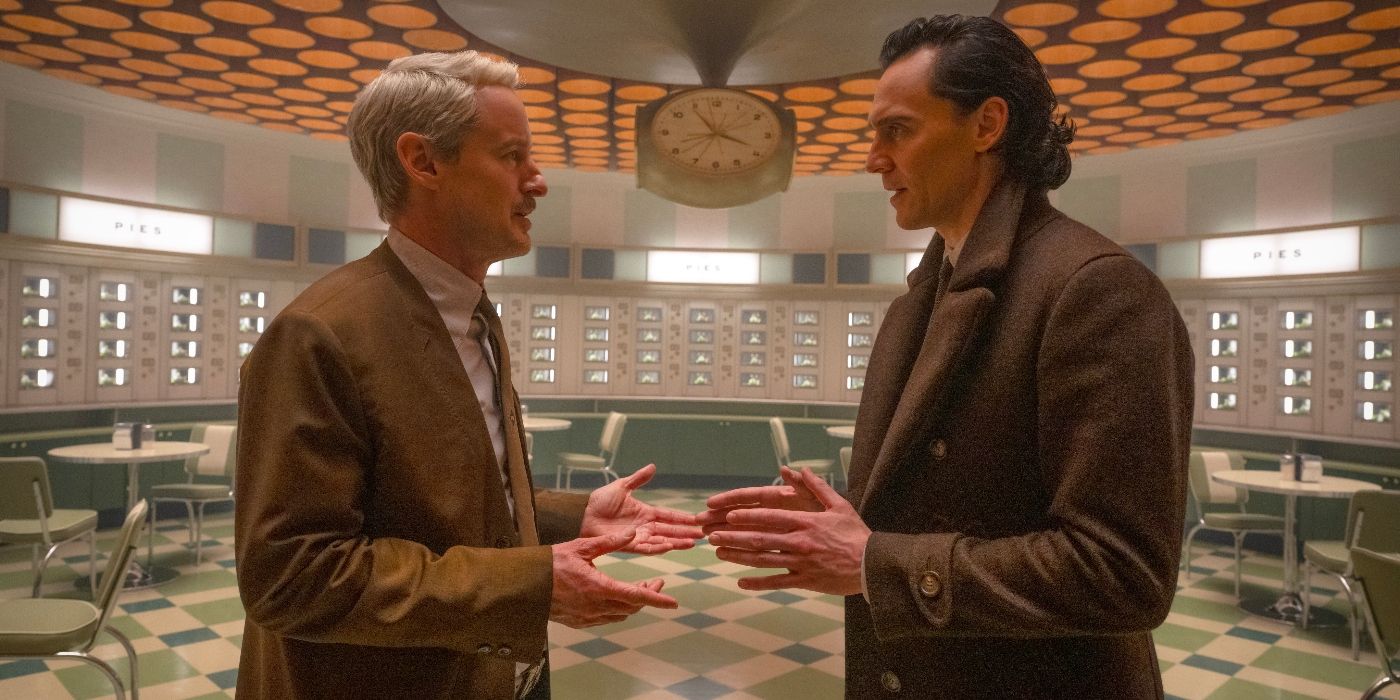The use of copyrighted material to train generative AI tools is leading to a clash between content creators and AI companies, with lawsuits being filed over alleged copyright infringement and violations of fair use. The outcome of these legal battles could have significant implications for innovation and society as a whole.
Artificial intelligence (A.I.) may not pose a significant threat to human creativity or intellectual property, as machines still struggle to produce groundbreaking artistic work and are often limited to mimicry rather than true artistic expression.
Amazon's promotional art for the upcoming Fallout series appears to be AI-generated, sparking controversy and backlash from artists.
A federal judge in the US rejected an attempt to copyright an artwork created by an AI, ruling that copyright law only protects works of human creation. However, the judge also acknowledged that as AI becomes more involved in the creation process, challenging questions about human input and authorship will arise.
Artificial intelligence (AI) is seen as a tool that can inspire and collaborate with human creatives in the movie and TV industry, but concerns remain about copyright and ethical issues, according to Greg Harrison, chief creative officer at MOCEAN. Although AI has potential for visual brainstorming and automation of non-creative tasks, it should be used cautiously and in a way that values human creativity and culture.
Artists Kelly McKernan, Karla Ortiz, and Sarah Andersen are suing AI tools makers, including Stability AI, Midjourney, and DeviantArt, for copyright infringement by using their artwork to generate new images without their consent, highlighting the threat to artists' livelihoods posed by artificial intelligence.
The Colorado State Fair has amended its rules to require artists to disclose if they used artificial intelligence (AI) to create their submissions after controversy arose when an AI-generated artwork won first place in the fair's digital arts competition last year.
Sean Penn criticizes studios' use of artificial intelligence to exploit actors' likenesses and voices, challenging executives to allow the creation of virtual replicas of their own children and see if they find it acceptable.
The use of AI in the film industry has sparked a labor dispute between actors' union SAG-AFTRA and studios, with concerns being raised about the potential for AI to digitally replicate actors' images without fair compensation, according to British actor Stephen Fry.
The US Copyright Office has ruled for the third time that AI-generated art cannot be copyrighted, raising questions about whether AI-generated art is categorically excluded from copyright protection or if human creators should be listed as the image's creator. The office's position, which is based on existing copyright doctrine, has been criticized for being unscalable and a potential quagmire, as it fails to consider the creative choices made by AI systems similar to those made by human photographers.
Media mogul Barry Diller criticizes generative artificial intelligence and calls for a redefinition of fair use to protect published material from being captured in AI knowledge-bases, following lawsuits against OpenAI for copyright infringement by prominent authors, and amidst a tentative labor agreement between Hollywood writers and studios.
Artificial intelligence is seen as a valuable tool in Hollywood's visual effects industry, enhancing human creativity and productivity, but it is not viewed as an existential threat, according to the VFX supervisor of the film The Creator.
Tech companies using generative AI models are being urged by artists, including Margaret Atwood and Dan Brown, to compensate them for the use of their work, as lawsuits are brought against vendors for copyright infringement; however, there is currently no consensus on the amount artists should be paid, leading to unclear compensation policies from generative AI vendors such as Adobe and Getty Images.
Hayao Miyazaki criticized AI-generated animation as "an insult to life itself," highlighting the ethical implications and threat to human creativity as AI technology evolves.
Artificial intelligence (AI) has the potential to disrupt the creative industry, with concerns raised about AI-generated models, music, and other creative works competing with human artists, leading to calls for regulation and new solutions to protect creators.
The promotional poster for the second season of Loki has raised controversy among designers who suspect it was created, at least in part, using generative AI, fueling concerns about the potential replacement of human artists with AI image generators.
Disney has sparked controversy after a video resurfaced showing poorly CGI-generated background actors, highlighting the ongoing debate about the use of artificial intelligence in film production and the potential replacement of human actors.
The ongoing SAG-AFTRA strike in Hollywood raises concerns about the use of AI in filmmaking as extras on the set of Paramount's Gladiator 2 allege that their likenesses were scanned for AI usage without their consent, highlighting the lack of clarity surrounding this issue in the industry.
An artist has used AI to reimagine notable figures, including Beyoncé and President Joe Biden, as iconic Halloween characters, sparking both fascination and concern over the capabilities of artificial intelligence.
Hollywood actors on strike are fighting for protections from artificial intelligence (AI) that can replicate their likeness, raising concerns about control over their own images and the potential for disinformation.
Artists and visual effects professionals express concerns about the impact of artificial intelligence on the creative process, including job loss and the dehumanization of art, in a panel discussion on AI in the entertainment industry.
Actors are pushing for protections from artificial intelligence (AI) as advancements in AI technology raise concerns about control over their own likenesses and the use of lifelike replicas for profit or disinformation purposes.
